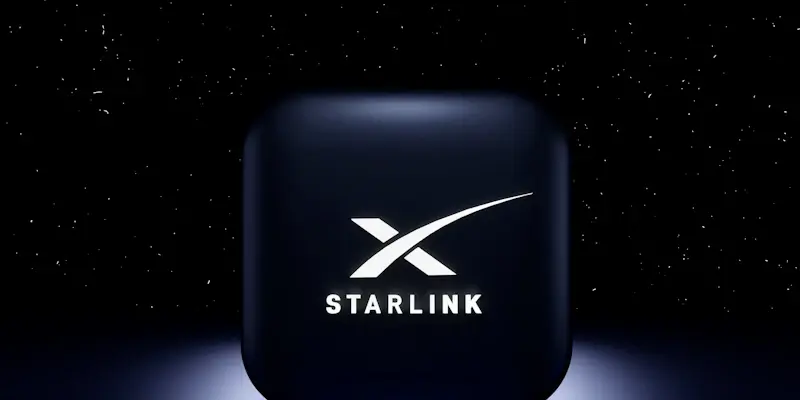Apple is rumored to be expanding satellite connectivity for iPhones through a groundbreaking partnership with SpaceX and T-Mobile, aimed at integrating support for the leading low Earth orbit satellite constellation, Starlink. This collaboration targets providing an alternative to the existing Emergency SOS feature, which currently relies on Globalstar for emergency communication off-grid. Recently, iOS 18.3 was released, equipped with the technical capacity to support Starlink, although this key development was not mentioned in the update notes.
Starlink is renowned for its ability to deliver broadband internet without the need for cellular service, which is expected to significantly enhance iPhone functionality. Users could soon be enabled to stream and make video calls even in areas devoid of cellular networks. Elon Musk, the visionary behind SpaceX, confirmed that current technology could support medium-resolution images, music, and podcasts with the existing Starlink constellation. Future updates promise to cater to increased bandwidth demands, such as those required for medium-resolution video, marking a substantial leap for iPhone capabilities.
This initiative is a testament to Apple’s unwavering commitment to advancing satellite-based communication, even as competition intensifies from other industry players like Amazon’s Project Kuiper. Initially, the service will be limited to the United States, whereas Globalstar offers support to multiple countries. The integration of Starlink is anticipated to simplify user interactions by eliminating the need for users to point their devices at the sky for connectivity, adding to its user-friendliness.
The collaboration represents a significant stride toward ensuring more reliable and widespread emergency communication, which will be particularly beneficial for users in cellular dead zones. T-Mobile has corroborated this development by notifying beta testers of the new capability to stay connected via satellite-based texting from virtually anywhere. This advancement underlines the potential for a transformative shift in how mobile connectivity is achieved, especially in remote or underserved areas.
Apple’s foray into satellite connectivity began in 2022, with Elon Musk previously hinting at possible collaborations. This emerging trend underscores the industry’s drive to enhance mobile connectivity through satellite technology, ensuring users remain connected no matter their location. In conclusion, this partnership marks a strategic expansion in satellite services, positioning Apple to pioneer innovative communication solutions that transcend traditional cellular networks, while simultaneously bolstering connectivity during emergencies.

